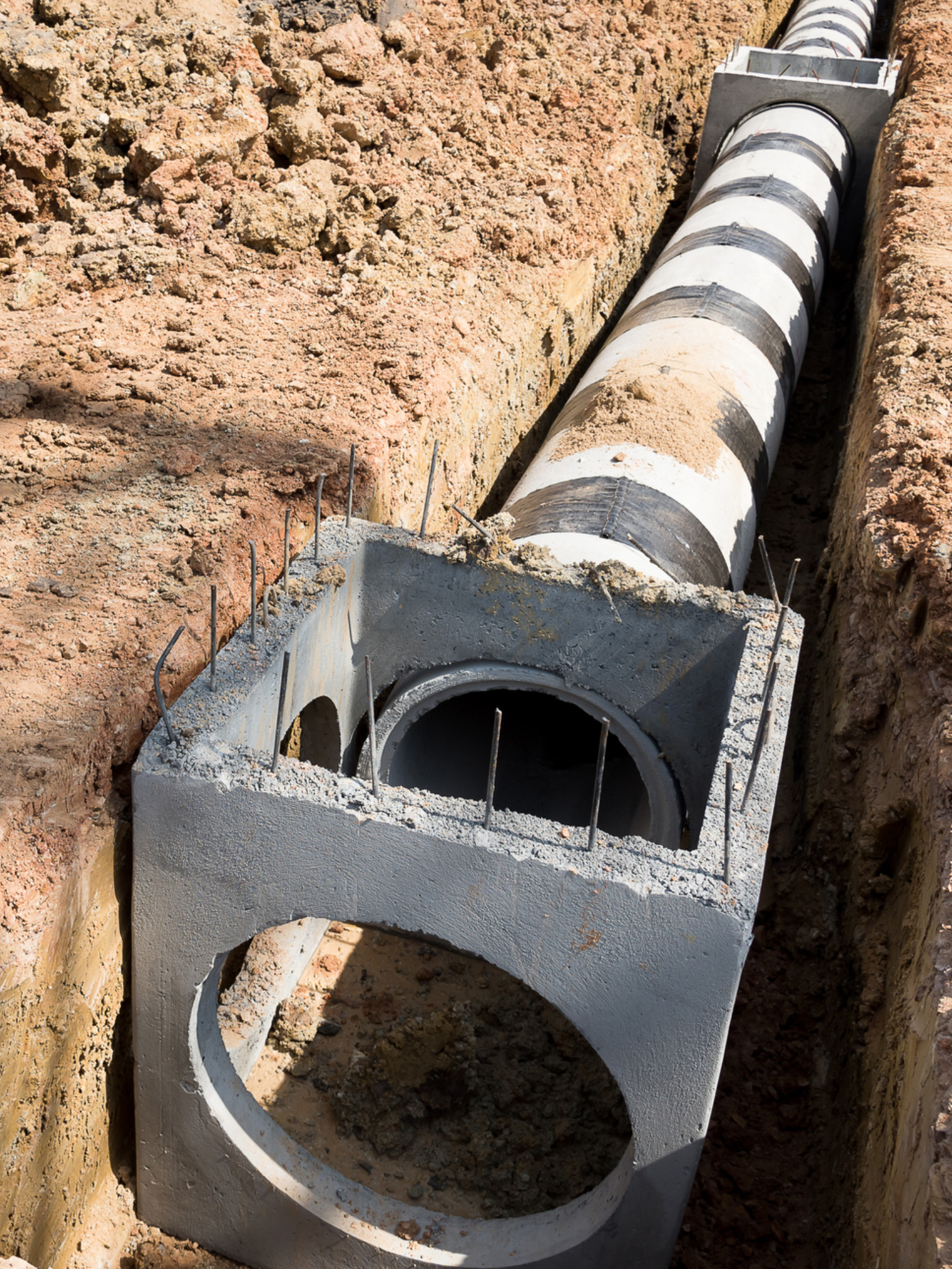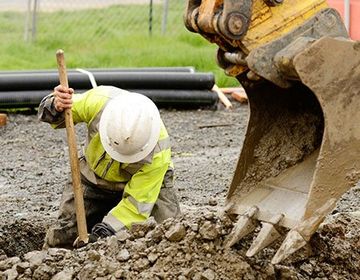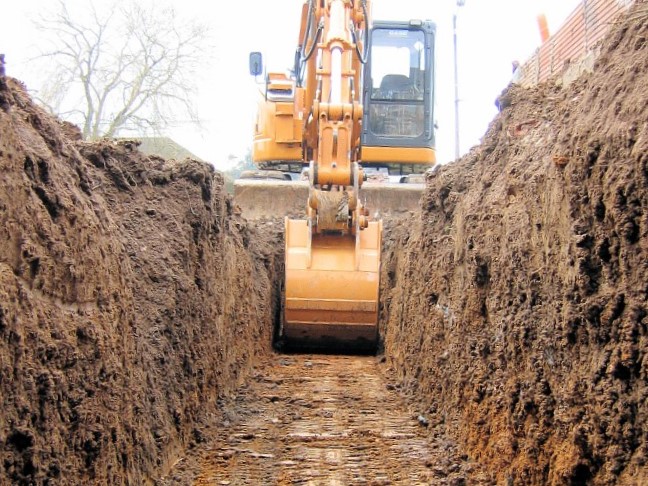Lancaster Trenching - Specialist Trenching Solutions in Lancaster, Ohio
Lancaster Trenching - Specialist Trenching Solutions in Lancaster, Ohio
Blog Article
Comprehensive Excavation Techniques: Understanding the Fundamentals for Success
The careful preparation, precise execution, and thorough focus to information called for in excavation tasks demand a comprehensive technique that includes various fundamental aspects. The true mastery lies not just in recognizing these principles but in effortlessly integrating them to browse the complexities of excavation jobs with skill.
Recognizing Excavation Job Planning

The initial stage of any kind of excavation project is the preparation stage, where essential choices are made that can significantly impact the end result of the job. Comprehending the project timeline, budget plan, and range restrictions is critical for creating a thorough excavation plan that ensures the task's success.
One key aspect of excavation job preparation is the advancement of a thorough timeline that lays out the series of activities, turning points, and due dates. This timeline serves as a roadmap for the project group, permitting them to track progression and make needed modifications to guarantee the project remains on timetable. In addition, a distinct spending plan that accounts for all expenditures, consisting of devices rental, labor expenses, and materials, is vital for staying clear of expense overruns and delays. By meticulously thinking about all these factors throughout the drawing board, excavation projects can be carried out successfully and successfully, resulting in effective results.
Dirt Analysis and Site Analysis
Conducting complete dirt analysis and site examination is a crucial action in the preparation phase of any type of excavation task. Soil evaluation involves establishing the structure, framework, and homes of the dirt at the excavation website. This info is important for comprehending the soil's bearing capacity, wetness content, and capacity for disintegration, which are crucial factors in identifying the excavation approaches and equipment needed for the project.
Site analysis surpasses dirt evaluation and incorporates a more comprehensive assessment of the general website conditions. This examination consists of recognizing any kind of possible threats, such as below ground energies, environmental issues, or unsteady terrain, that can impact the excavation process. By thoroughly assessing the site, job supervisors can establish reliable excavation strategies that prioritize security, effectiveness, and environmental protection.
Utilizing advanced technologies like ground-penetrating radar, soil tasting, and drone studies can improve the precision and efficiency of dirt evaluation and site assessment. Investing time and resources in these initial steps can inevitably save time and prevent costly delays or problems throughout the excavation procedure.
Equipment Option and Usage
Efficient excavation tasks depend heavily on strategic tools choice and utilization to guarantee optimal efficiency and efficiency. Picking the ideal devices for the work is important in making the most of effectiveness and lessening downtime. Variables such as the kind of dirt, depth of excavation, and job extent play a significant function in figuring out the most ideal equipment for the job at hand.

In enhancement to selecting the appropriate equipment, proper utilization is crucial to project success. Operators must be trained to handle the tools safely and effectively - lancaster excavation. Normal upkeep checks and prompt repair work aid avoid failures and make certain consistent efficiency throughout the job
Precaution and Rules Compliance
In the realm of excavation jobs, focusing on precaution and conformity with laws is extremely important to making certain a safe and secure and lawfully audio functional environment. Safety and security measures incorporate a variety of techniques, consisting of carrying out extensive site analyses, implementing proper signs and barriers, and providing appropriate safety training for all personnel involved in the excavation procedure. Adherence to guidelines, such as OSHA requirements in the USA, makes certain that the excavation project fulfills the required criteria to safeguard employees, onlookers, and the surrounding environment.

Monitoring Progress and Adjusting Strategies
Just how can project supervisors effectively track the advancement of excavation projects and adjust their methods accordingly to enhance end results? Monitoring progress is essential for guaranteeing that excavation jobs remain on track and meet due dates.

Conclusion
In verdict, grasping the basics of extensive excavation strategies is crucial for the success of any type of project. By comprehending task preparation, evaluating dirt and site conditions, selecting appropriate tools, following safety guidelines, and checking development, project managers can make certain a smooth and effective excavation procedure. Executing these approaches will bring about successful end results and reduce possible risks or troubles during the excavation project.
The first stage of any excavation job is the preparation phase, where vital choices are made that can dramatically influence the outcome of the job. Understanding the job scope, timeline, and budget plan constraints is critical for producing an extensive excavation plan that ensures the task's success.
How can predict managers efficiently track the innovation of excavation projects and adapt their approaches as necessary to enhance outcomes? By closely checking progress and being ready to adapt techniques, project supervisors can boost the total success of excavation tasks.
By recognizing project planning, assessing dirt and website conditions, choosing proper devices, conforming with safety policies, and checking progression, task supervisors can make certain click site a smooth and efficient excavation process.
Report this page